Bird Flu: Crazy Case of H5N1 Bird Flu
According to the CDC, a person as recently as the first week of May 2022 has tested positive for Avian Influenza A(H5) virus (H5 bird flu) in the U.S. This is the second human case associated with this specific group of H5 viruses that is currently predominant, and the first case in the United States. So, what do we know?
What is Bird Flu?
Bird flu, or avian influenza, is a virus that can infect poultry and other birds. In severe cases, it can lead to death in these animals. Bird flu viruses are classified according to two things: their hemagglutinin (H) number and their neuraminidase (N) number. There are many different combinations of H and N numbers, but H5 and H7 are most common in North America.
Influenza A viruses that have an H number of 5 or 7 but not both are sometimes called “low pathogenic” because they generally cause only minor illnesses in birds. Low pathogenic avian influenza (LPAI) viruses can mutate, or change, into a more severe form called “highly pathogenic” (HPAI). HPAI viruses can kill poultry very quickly.
All influenza A viruses have the ability to change or mutate. These changes can happen when the virus infects a new host, such as a person, and begins to replicate. The resulting new virus might be able to spread easily from person to person and might cause a global outbreak of disease (pandemic).
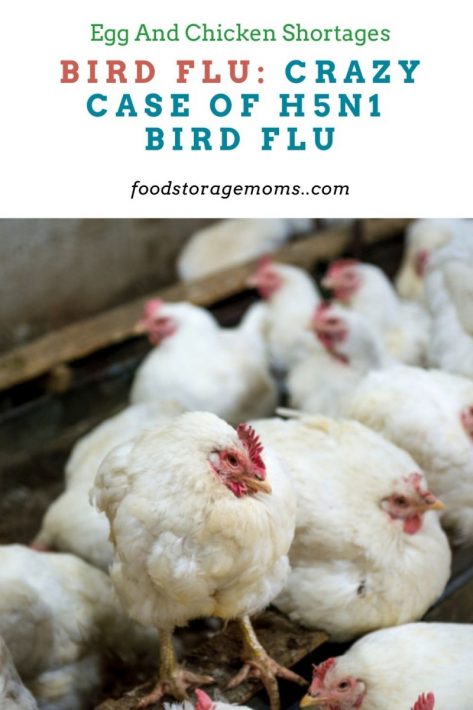
What is H5N1 Bird Flu?
H5N1 is a highly pathogenic avian influenza virus that causes severe respiratory illness in birds. The H5N1 virus is different from the seasonal flu viruses that commonly circulate among people and cause mild illness.
H5N1 Bird Flu and Humans
Although H5N1 viruses have infected humans, this has been rare and most cases have been associated with contact with sick birds or surfaces contaminated with their secretions. In these limited instances, the virus has not spread easily from person to person. However, scientists are concerned that H5N1 viruses have the potential to mutate and become a pandemic threat.
How Do You Contract H5N1?
There is currently no evidence that H5N1 Bird Flu can spread from person to person, but further study is needed. It has been shown in a small number of cases that the virus can be transmitted through contact with infected birds or surfaces contaminated with their secretions. Secretions are things like saliva, mucus, blood, and feces.
What Are the Symptoms of H5N1 Bird Flu?
Symptoms in humans have ranged from mild to severe and have included:
- Fever
- Cough
- Sore throat
- Muscle aches.
However, in severe cases of other bird flues, there have been reports of pneumonia and death.
What is the Treatment?
At this time, there is no specific treatment for H5N1 Bird Flu or other bird flu virus infections in humans. However, prompt medical attention can help manage symptoms and improve outcomes. Most people recover with supportive care, which includes rest, fluids, and pain relievers.
How can I protect myself from H5N1 Bird Flu?
The best way to protect yourself is to avoid exposure to birds or surfaces that may be contaminated with the virus. Additionally, you should:
Wear Gloves and a Mask
If you must be around birds, take precautions to avoid contact with their secretions, such as wearing gloves and a mask if you must handle birds or their environments.
Cook Poultry Thoroughly
Cook poultry and eggs thoroughly to kill any flu virus that may be present. Poultry should have an internal temperature of at least 165 degrees Fahrenheit, and eggs should also be cooked thoroughly.
Practice Good Hygiene
Wash your hands frequently and avoid touching your face with unwashed hands to reduce the likelihood of contracting the H5N1 Bird Flu. You should also wash your hands thoroughly with soap and water after handling birds or their environment.
Avoid Contact with Birds When Traveling
The CDC recommends that people traveling to countries where H5N1 Bird Flu is present should avoid contact with poultry, including chickens, ducks, and geese. You should also avoid eating or handling uncooked poultry products.
If you become sick after contact with birds, see your healthcare provider immediately and let them know about your exposure.
What is the Government Doing to Protect People from H5N1 Bird Flu?
The United States government is working with other countries to monitor the situation and prevent the spread of the H5N1 Bird Flu. The CDC has also issued guidance for healthcare providers and laboratories on how to test for and treat the virus.
Additionally, the United States Department of Agriculture (USDA) is working to prevent the spread of H5N1 Bird Flu in poultry.
The government is also working on developing a vaccine for H5N1 Bird Flu, but it is not yet available for use in humans. Clinical trials are ongoing.
How is H5N1 Different Than H1N1?
The H5N1 Bird Flu is a different strain of influenza than the H1N1 Swine Flu that caused a global pandemic in 2009. H1N1 viruses are mostly spread from person to person, whereas H5N1 Bird Flu can be transmitted from birds to humans, but not from person to person.
Additionally, H5N1 Bird Flu is more severe than H1N1 Swine Flu and has a higher mortality rate. However, both viruses can cause serious illness and should be taken seriously.
What Should I Do if I Think I Have H5N1 Bird Flu?
If you develop symptoms of H5N1 Bird Flu, such as fever, cough, or difficulty breathing, see your healthcare provider immediately and let them know about your exposure to birds. Early diagnosis and treatment are important for the best possible outcome.
Will H5N1 Become a Pandemic?
There is no way to predict if or when H5N1 Bird Flu will become a pandemic. However, the CDC is working with other countries to monitor the situation and prevent the spread of the virus. In the meantime, you can prepare for another pandemic. Check out my posts below for more information:
What Are The Economic Effects of the Bird Flu?
Over the past few months, we’ve seen significant increases in the cost of many day-to-day items, including the prices for food items we consume. There have been news reports of supply chain challenges, drought, floods, and the influences of the military action taking place in Ukraine. During the period 2/2021 through 2/2022, the price of milk is up 11.2%, butter is up 5.5%, and candy prices have increased 7.1%.
The U.S. Department of Agriculture (USDA) is predicting overall grocery prices could increase by another 4% by the end of 2022, and for those who tend to eat out a lot, count on seeing those prices go up by 6.5% this year.
One area of food price increases can be traced to the bird flu and the decision by those raising poultry for slaughter to destroy millions of the birds. That not only reduces the number of birds available for purchase in your local meat department but also the egg production counted on from those destroyed birds. With fewer eggs, the continued demand prompts prices to rise.
One source of egg pricing is to check the wholesale prices as reported in the Egg Market News Report from the USDA. The wholesale cost of large Midwest shell eggs riched historic highs in late March of over $3.00 per dozen, about three times the cost of a year ago. Prices have stabilized some since then, with pricing in the $2.58 to $2.65 per dozen range. Some areas, like California, as still seeing price increases for eggs, much like they’ve seen for gas.
Surprisingly, the demand for eggs has been effectively met with current supplies, and shortages, as we’ve seen for toilet paper, are not expected to take place.
With 26 states experiencing the bird flu in recent weeks, hopefully, the spread of the virus can be contained and not spread even further.
Where was this human infected with the Bird Flu?
I quote, “The first human case of avian flu in the U.S. is reported in Colorado” by NPR
Final Word
To date, there has been only 1 case of H5N1 Bird Flu in the United States. However, the virus is present in other parts of the world, so it is important to be aware of the risks and take precautions to protect yourself.
To reduce your risk of exposure to H5N1 Bird Flu, take measures to avoid contact with sick birds or surfaces that may be contaminated with their secretions. Additionally, wash your hands regularly and seek medical attention if you develop any symptoms after exposure to birds.
The government is working closely with other countries to monitor the situation and prevent the spread of this deadly virus. May God Bless this world, Linda
Copyright Images: Sick Chicken or Sad Chicken Depositphotos_262065836_S

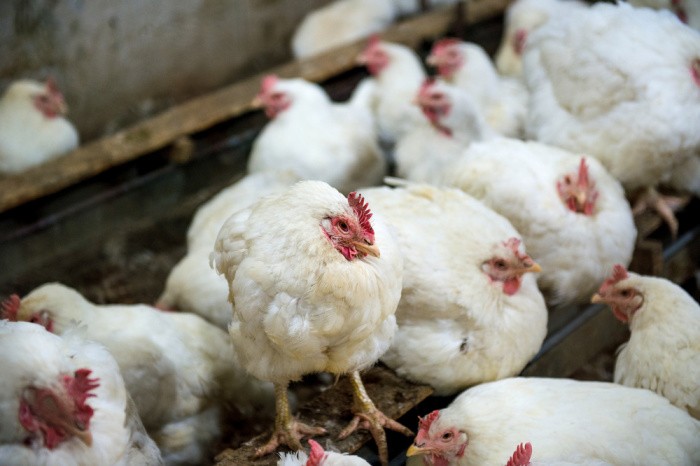


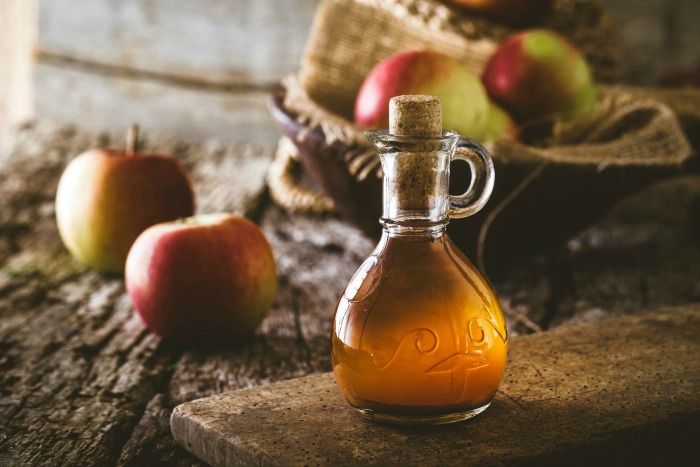
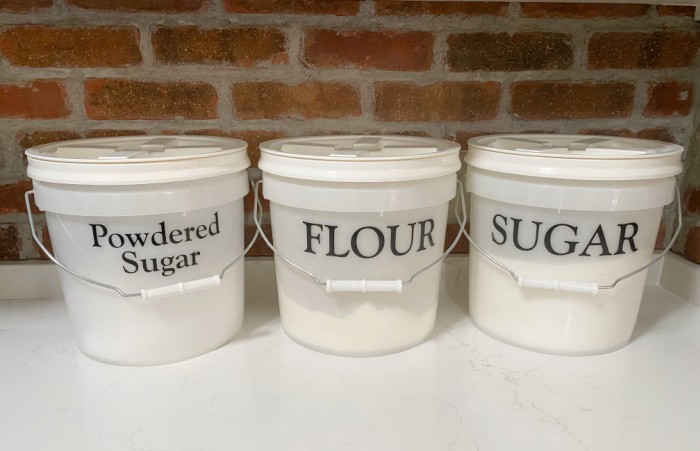
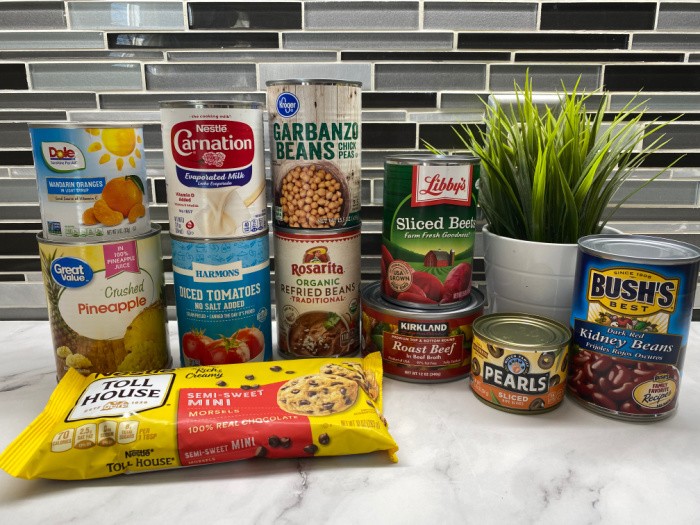















And just like that backyard chickens aren’t so dumb anymore
Treat them as livestock and not a pet and you’ll be fine. Don’t believe the hype.
Don’t destroy your flock cause of a single sick bird.
Seems like some folks learned nothing the last few years
Hi Matt, great comment as always. Linda
Agreed! MSM is gearing up again..These “flus” have always been around- this is just the next way to spread a “Spirit of Fear” & terrorize the masses to beg to be “saved” by pharmaceutical$$. Pray that people will exercise discernment & not create another irrational response, evil is running rampant. Praying for rational heads to prevail.
In my area, the county extension and dnr have some posts on local community fb pages about this flu. A simple phone call to either can get a home visit, testing of sick/dead birds. (This is free, but for a small fee the rest of flock can be tested.)While waiting for results, it’s advised to confine the rest of flock, to not bring in new poultry until flock is cleared.
Hi Wendy, thanks for sharing this information!!!! Linda
That’s worth checking out if someone’s got questions
Thx
Matt, if I still kept laying hens, I’d have fenced a large area with fencing on the top also, for them to be outdoors. Just for long enough for my area to get a good handle on this flu. Yes, eagles in my area have died of this, meaning their prey must be carrying it. And, yea, sometimes sparrows would fly into my coop. When I’d throw out kitchen scraps, birds would join my chickens in feeding. I’d have been horrified to see any of my chickens staggering around with this flu. I guess it affects their brains before they get sick enough to die.
Yeah most of my sparrows stay here year round. I feed them through the winter. That’s actually a bonus because they aren’t traveling with others catching the flu.
I’m really not worried about it at all. I lose about a hen a year to west nile. I worry about that more though as dry as it is that might not be a concern this year.
One thing about it if ya got livestock you got deadstock at some point. I’d put them down before watching them pass naturally if they were doing that. I don’t enjoy doing it but I’m always the one who does what needs doing in the family.
Just read your last reply to me and I agree, it’s up to us to put down our livestock as needed. I used to raise and butcher about 50 meat birds a year, so I sort of still pay attention to what’s going on in a big area around me, as yea, even some of our hatcheries got affected by this. So far, there are still babies to be bought but the farm stores are really giving advisories to not put the littles Anywhere near the Adults til this passes. And, it will, with good preventive measures taken. Truthfully, this is the first time I would have been concerned about a home flock tho many chicken facilities up here have had avian flu in the past. West Nile? I didn’t even know chickens could get that. Learn something new every day, lol
Hi Wendy, great comment!! Linda
..And another wild idea.. If you have birds, give them herbals that have known antiviral properties. things like oregano, garlic,,and fermented foods to boost their nutrition. they will flock to you to see what you are bringing them next.. large leaves should be ground/mashed and chopped so more birds get their fair share.
Hi d, I love this! Great tips! Linda
Yes! Good advice!
Our local paper published an article recommending we stop filling bird feeders and bird baths to stop the spread of the disease, as those are places wild birds tend to congregate.
My chickens are fine so far.
Hi Ray, glad your chickens are fine. Great tip on not feeding the wild birds right now. Linda
Yeah Ray I don’t put out bird feed in the warm months. I help winter those who stay here year round like my sparrows but that’s it. I’m not trying to support a bunch of free loaders that hang out at the feeder rather than catch bugs. Bird baths just turn into mosquito haven
Good tip
Ray, the MN Raptor Center has seen horrible cases of eagles catching this flu. They are urging people to stop with the feeders, since we no longer have snow. And, especially want to educate city/in~town people…a chicken or egg production facility can be closer than most people realize. Think of the phrase “as the crow flies”. Lol, birds are like the pony express of nature.
The chickens infected in the upper part of our state were infected from a crow that came to eat the chicken feed. We feed ours inside so no contamination. Yes, they are livestock and not pets and should be handled as such. Wash hands and when cooking chicken make sure it is cooked thoroughly . Better safe than than sorry so I won’t be killing my chickens. Good info !
Hi Cheryl, great information from you as well, thank you, Cheryl. I do not have chickens, but I wanted to know if the prices are really going to escalate. It doesn’t look like it to me. I can still get plenty of eggs at Costco here in Northern Utah 60 for $9.99 for now, anyway. Smiths/Kroger had plenty and so did Harmons. The price of chicken and beef has gone up but not pork. Linda
I let mine out to free range the yard so yeah I’ve had to change the way I feed because I noticed the crows coming in too.
I think now that migration is over things will settle. It’s like any other flu season. It’s already in the 90s here so anything sick has already died.
Winco still has plenty of chicken, but Walmart in our area is low on may cuts. I don’t price eggs since we have our own hens . I haven’t been to Costco for awhile, so can’t compare their prices.
Hi Cheryl, thank you for the heads up on Winco! Linda
Matt, we usually just feed the songbirds in the wintertime too, but this severe drought had us feeding them in the Spring as well until I stopped because of that bird flu. Our birdbath was refilled almost daily and here in AZ the water doesn’t stay around long enough to cause mosquito problems.
I noticed a real drop off in the number of songbirds feeding and getting water from us the past few months.
Matt, I wish it was warmer here. We are still in the high 50’s and it will be in the low 60’s tomorrow. WA is that way in the Spring. Last year when Spring ended, we didn’t have rain until September and it got to 106 for days. My tomatoes and basil love it, but many of my plants died even with my watering. The chickens will be inside for awhile yet because we have starlings here that spread everything!! They are a trash bird and nothing eats them.
The one person who tested positive for bird flu was a prisoner who was butchering chickens with bird flu. It was a nose swab. He tested negative several hours later- and has not tested positive again. (Yes, I have a pal who works that prison in Cannon City area).
I don’t understand the government game plan reasoning for killing all our birds….
Hi Janette, I put a link in the post about the inmate. I quote NPR “The patient, who is younger than 40, was involved in the culling of presumptively infected poultry at a commercial farm in Colorado’s Montrose County, according to the Colorado Department of Public Health and Environment. He is an inmate at a state correctional facility in Delta County and was working with poultry as part of a pre-release employment program.” Linda
Avian flu has never really been a threat to people, tho direct contact with infected birds/feces has caused illness in the past for some workers. It IS a threat to our food supply. This particular strain is very easily/quickly spread. There is No govt push to kill poultry. The producers themselves know what must be done but yes, they do bring in govt agencies to help, if just only to notify other producers of an outbreak. Here’s the thing: avian flu is often spread by our darling sparrows, robin’s, orioles, etc. They fly into chicken raising facilities, eat the feed that may be contaminated from infected poultry, then fly to other facilities or to homestead flocks. Proceed to spread the flu to other birds, yes, thru feeders and baths. It takes awhile before birds die so just One can spread it to countless others. Rarely are eagles infected but many in Minnesota have been. Just like with crows, eagles cover a lot of territory. Our DNR, county extension offices, and Raptor Center are urging people to contact them if a bird of any kind displays odd behavior, or is found dead, like on the yard. They will come and test. They are urging people to stop filling feeders, baths, where birds congregate. As I watched a Redbird flitting in my willow tree branches, I thought how sad I’d be if I never saw one again. I think about watching eagles swoop down on my lake, grab up a fish. I want to keep seeing these too. I can put up with higher prices for eggs, chicken for the time it takes producers And the rest of us to slow/stop the spread of this flu.
Hi Wendy, thank you for sharing. I do not raise chickens, readers have been asking me what to do about the bird flu. I’m honest, I do not have chickens, so I need our forum to share their knowledge. Thank you, Linda
When we had chickens we were lucky that they never had that. I do know that in the east they are having to kill their whole flock because of this. That is were the flock is large and contained in barns instead of being allowed to be outside in the sun all day.
Hi Jackie, this bird flu is crazy! I hope it clears up quickly! Linda